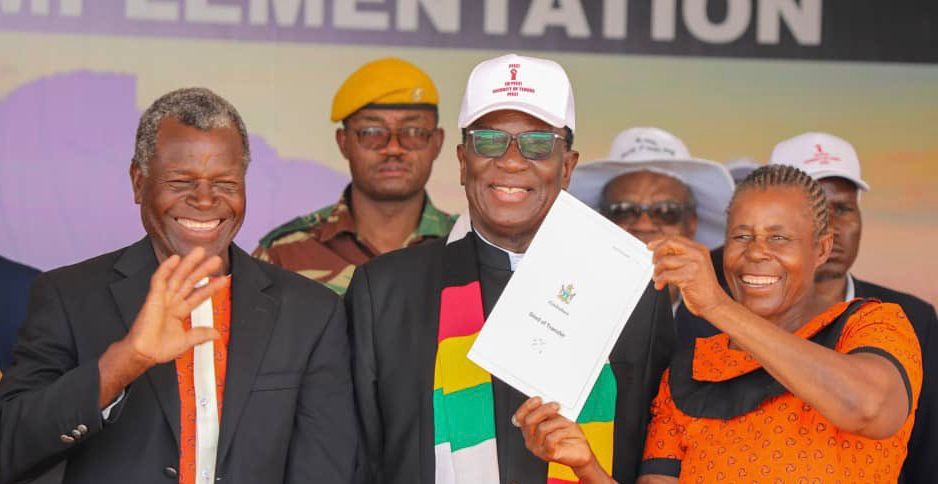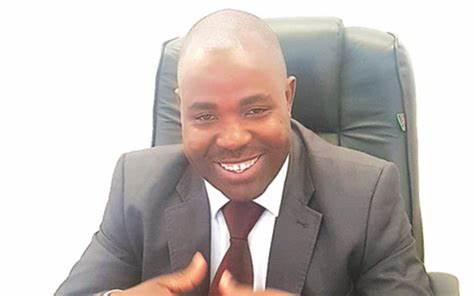HARARE – Zimbabwe’s bankers on Tuesday warned the central bank about the impact of any future shocks to the local currency to avoid eating into people’s incomes and eroding public confidence after a 43% devaluation last week.
“Every time you have such big shocks there are people who will lose out. The proper thing is to avoid significant huge shocks and maybe have small movement in the rate going forward,” Bankers Association of Zimbabwe (BAZ) president Lawrence Nyazema told Reuters.
The ZiG, which stands for Zimbabwe Gold, is the southern African country’s sixth attempt at a stable currency in 15 years after a bout of hyperinflation under former longtime leader Robert Mugabe.
But authorities have struggled to persuade a sceptical population to stop carrying out transactions in foreign currencies.
The ZiG’s devaluation follows its losing more than 47% on the black market in the five months after its launch, with some economists saying its death was imminent.
Nyazema said it was too early to call the demise of the new unit, describing last week’s move by the central bank as a “reset” to the economy.
“I don’t think we are seeing the death of the currency, but we have our work cut out for us. We have to do more work in terms of convincing the citizens that the money is stable. We needed to reset, and now that we have reset we need to stick to our promises,” Nyazema said.
He added: “It is up to the monetary authorities to come up with the right set of measures to bring stability and make sure that such significant movements are not frequent.”
Since the devaluation, the ZiG has further slipped from Friday’s rate of 24.3902 to 25.1305 on Tuesday.
Bankers also warned against a rushed move to remove the U.S dollar from circulation before a 2030 deadline, saying it sent the wrong signal to investors.
“If we were to wake up tomorrow morning and say we are back to mono currency there is likely going to be confusion not only internally but the rest of the world, whom we have told we will have a multi-currency up to 2030,” Nyazema said.
Before the ZiG began its big slide, the government had been hoping to make the gold-backed currency the sole currency unit by 2026.
















